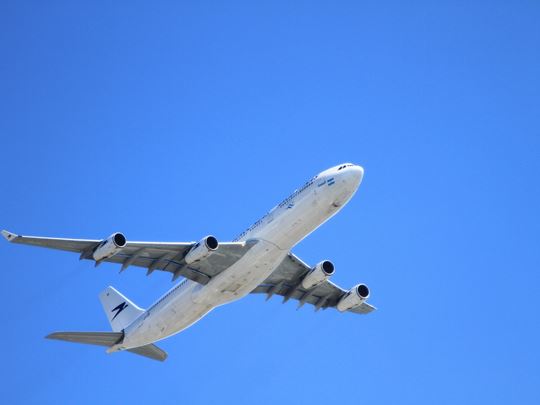OK so you’re reading this – so presumably you are thinking about fostering? You may be wondering what it will be like to care for somebody’s else’s child; to share your home with a child, but a child who is effectively a stranger; how demanding will it be and what else does it involve?
The first step – Fostering Assessment
The first step on your journey to become a foster carer is the assessment process.
For many people the thought of undergoing an assessment (of any kind) can make you stop and think:-
What will the assessment entail?
What will I be asked?
What checks will ‘they’ need to do?
Who else will be involved?
How long will it take?
Then when you finally take the plunge and get underway with your assessment, further questions and thoughts will probably emerge:-
What do ‘they’ need to know that for?
That was so long ago…why is that relevant now?
Let me help you out……
A fostering assessment, like anything else you do that matters, takes time, commitment, research and a lot of planning. At this time of year, many of us are already thinking about our summer holiday, this is a great example. You probably plan and save for this well in advance, research different resorts and ask for recommendations from family and friends. This is just like when applying to foster – you probably think about it for a while, consider if you need to give up work and if so, do you need to save first? You probably research different agencies and Local Authorities and ask for recommendations from any friends or family that have fostered either previously or currently.
Then when it’s time to jet off you pack your case and go through your check list:
-
Passport? – check
-
Euros? – check
-
Boarding pass? – check
-
Sun cream? – check
-
Insect repellent? – check
You do this to make sure you are organised, don’t have to ask the taxi to turn back, can enjoy your pre-flight breakfast at the airport (well it is part of your holiday after all!) and can actually get through check in and customs when you get there…and therefore reach your destination.
But it’s not all down to you and how well you plan and prepare…
Some of the ‘boarding the plane bit’ needs to be about what other people do; what checks they make on you and how they ensure that you and all the other passengers who are boarding that plane are safe:-
-
Are they under the influence of alcohol and therefore not safe to be around other passengers?
-
Do they have any health risks and so need to be boarded first, and near the front?
-
Are they carrying anything they shouldn’t be, either in their luggage or on their person?
And the question that nobody wants to ask but absolutely has to check out…
-
Are they a terrorist risk?
So, fostering is your destination and your assessor is the person at the check-in desk, or the one at passport control, the security personnel who scans your bags (and you) and the flight attendents who ask to see your boarding passes before you finally board the plane.
You go through all of this because you want to enjoy your well-earned holiday; that place you’ve been dreaming of (and saving for) for such a long time. That time you have to make precious memories with your family.
It’s the same with a fostering assessment…
DBS? – check
Local Authority check? – check
Medical? – check
Previous partner references? – check
Employment references? – check
Personal references? – check
And so on…
All are completed for a reason; all to make sure that YOU get to YOUR fostering destination (that’s where you want to go, right?)
But most importantly to ensure (as far as possible) that you are safe to care for vulnerable children. From all of the checks that are completed there is very little that would automatically rule you out as a foster carer – certain serious offences for example (you wouldn’t be allowed to board the plan if you were a terrorist threat); if you don’t have a spare bedroom (think of this as your passport) or if you are under the age of 21.
The outcomes of all other checks are taken into account within context and through discussion with you. All we ask is for openness and honesty from the start – tell us who packed your bags and whether or not you have left them unattended – we can work with that! Then it’s “bon voyage!”
